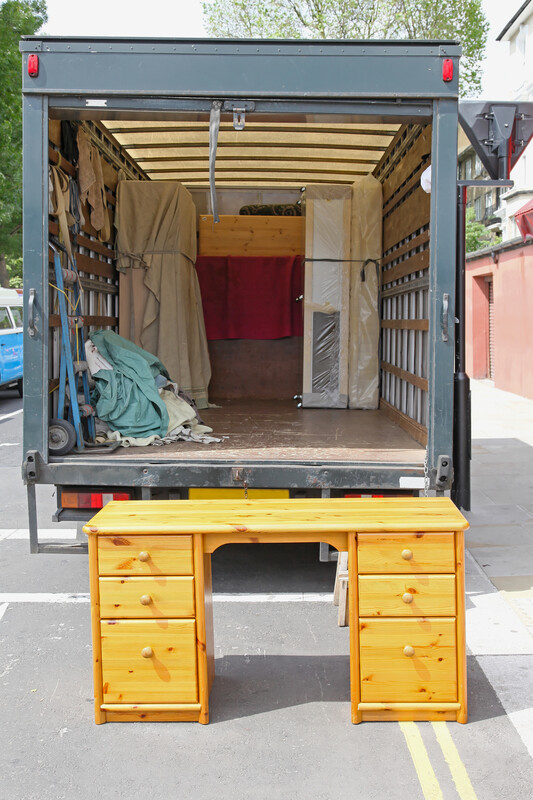Once you’ve made a decision to move, part of the “getting prepared” process is to hire a mover. There are a number of resources out there to help, but your best bet is always a recommendation from a local friend or family member who has recently moved. I can also provide you with some options to interview for both long-distance and local moves.
It goes without saying that any mover you consider should be licensed and bonded. You may also wish to reach out to the Better Business Bureau to see if a mover you are considering has a history of consumer complaints.
A good place to get more information about the process is to visit the U.S. Department of Transportation consumer website or American Moving and Storage Association, a trade association. When you hire a long distance mover, you should receive:
• A written estimate
• The “Ready to Move” Brochure
• Information about the mover’s arbitration program
• Written notice about access to the mover’s tariff
• The process for handling claims
• Your Rights and Responsibilities When You Move
A move that crosses state lines is governed by the rules of the Interstate Commerce Commission. The movers fees are based on the weight of your household goods and the distance they are traveling. Additional fees will be charged for added services such as packing, moving of specialty items such as pianos, additional insurance, or storage.
Most movers’ insurance will not cover the contents of boxes unless they have packed them. You will receive an estimate – but remember it’s an estimate. You may be able to pay a bit more to receive a binding estimate which has a “fudge factor” already built in to the price. A move within the state is typically priced out based on the amount of time the truck is needed and labor time for loading, driving, and unloading.
The busiest time for movers is typically the summer months and the end of each month. If you have some flexibility, some movers may offer discounts for moves during non-peak times.
Once you have hired a mover, put together a to-do list with a plan for what needs to be done on a weekly basis leading up to the move. Make a plan for young children to be with family or friends that day and any pets to be in doggie day care or a boarding facility so they aren’t underfoot or disappear through an open door as the movers are carrying out your belongings.
Check with your insurance company to see if their coverage will extend to household goods during a move. Decide what, if any, items you will have the movers pack. Be sure to label any items that are NOT coming with you as such so they are left at your home – confirm these items with me in advance to ensure that your buyer is expecting them.
A few days before the move, call the moving company to confirm the day and time of their arrival. Moving companies typically do not take personal checks, so obtain a certified check for the amount of the estimate and check with the moving company on how to handle any overages. If possible, it’s considerate to have water or soft drinks on hand to offer to the crew. Pick up some cash, as well, if you wish to tip the movers; generally, you tip the crew chief who then distributes the gratuity among the crew.
Advance planning will make moving day easier – but know that it’ll be over before you know it and you will be happily in your new home!

 Facebook
Facebook
 X
X
 Pinterest
Pinterest
 Copy Link
Copy Link



